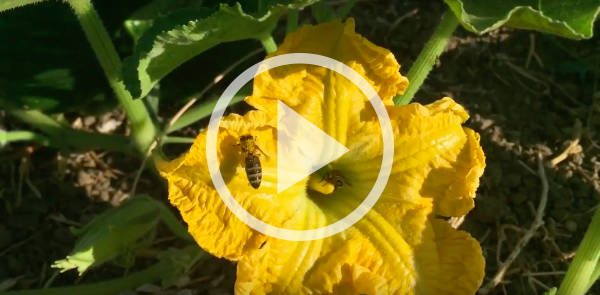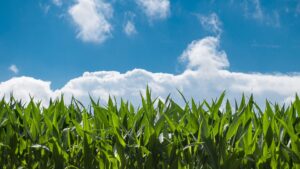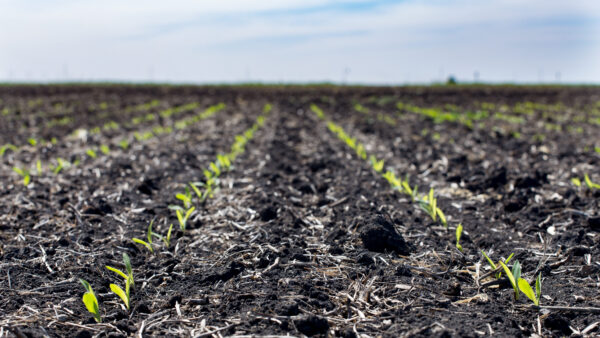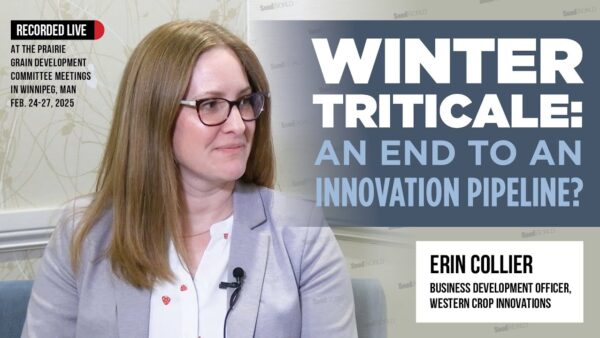More than 150 food crops in the U.S. and Canada need insect pollination to produce quality, marketable yields; it’s estimated that one out of every three bites of food we eat comes from an insect-pollinated crop. Supporting pollinators and the crop pollination they provide in farm landscapes will be essential to sustainable crop production as global food demand continues to grow.
What are scientists around the U.S. and Canada doing to figure out how best to support pollinators and crop pollination? What does this research look like on farms and in labs across the country?
This new video about the Integrated Crop Pollination Project will take you inside this collaborative research project involving over 50 scientists and Extension professionals, 100 farm fields and 15 organizations working to understand and compare approaches to the pollination of almonds, apples, blueberries, cherries, raspberries, pumpkins, and watermelons.











